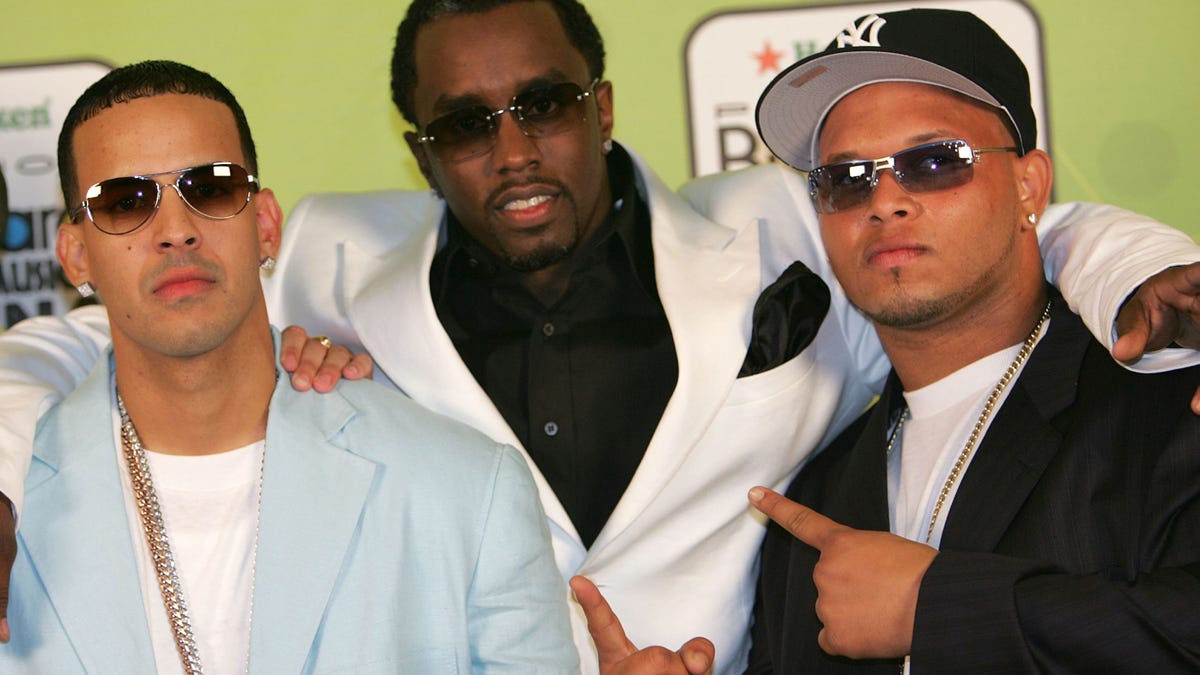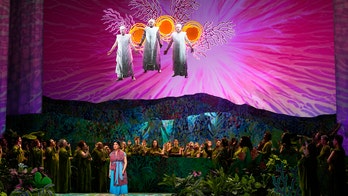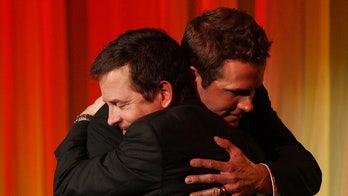
MIAMI - APRIL 28: Rapper Daddy Yankee (L) and Sean "P Diddy" Combs (C) pose backstage at 2005 Billboard Latin Music Awards at the Miami Arena April 28, 2005 in Miami, Florida. (Photo by Paul Hawthorne/Getty Images) (2005 Getty Images)
The University of Arizona is using popular musical genre Hip Hop as a way of exploring cultural boundaries.
The new academic minor delves into how Latino religion, Latino and black history have influenced and shaped Hip Hop in the U.S.
“Being that Arizona is so close to the border and it is connected to Latin America, it describes what is happening in our cities and in parts of the country,” professor Alex Nava, who teaches the course, “Rap, Culture and God,” told Fox News Latino.
Nava said his experience as a second-generation Mexican-American growing up in Tucson and listening to the likes of “2pac and Biggie” exposed him and shaped him as a person.
“I grew up speaking both Spanish and English ... in a sense it began with the exposure I had as a kid artistically that came to me through Hip Hop,” said Nava.
Curtis Stephens, a New York City-based journalist who teaches at Long Island University's Brooklyn, he said the University of Arizona launching the Hip Hop minor speaks volumes.
“Hip Hop had to prove its existence for so long,” he continued. “Many thought that it was a fad and wouldn’t last. The classroom was the last place that it had not made inroads.”
Stephens thinks that “a lot of eyes” will be on the University of Arizona and that soon enough “a ripple” effect might be taking place in colleges and universities around the country.
Still, he thinks the program might draw opponents.
“Overall you are talking about a generation who still may not ultimate get it. You still have resistance,” Stephens said.
Nava acknowledged the program is a trend-setter that breaks traditional teaching methods.
“We look at it very critically,” he said. “How does it deal with the issues of race, culture and what that tells us about parts of America.”
For Stephens, long are the days of Run–D.M.C. and Afrika Bambaataa rapping about the inequalities in New York City.
“[Rap today] is so commercialized,” he said. “It is all coming from a different place.”
“Hip Hop was part of the hinges the developed the city (NYC) and the country,” he added.






